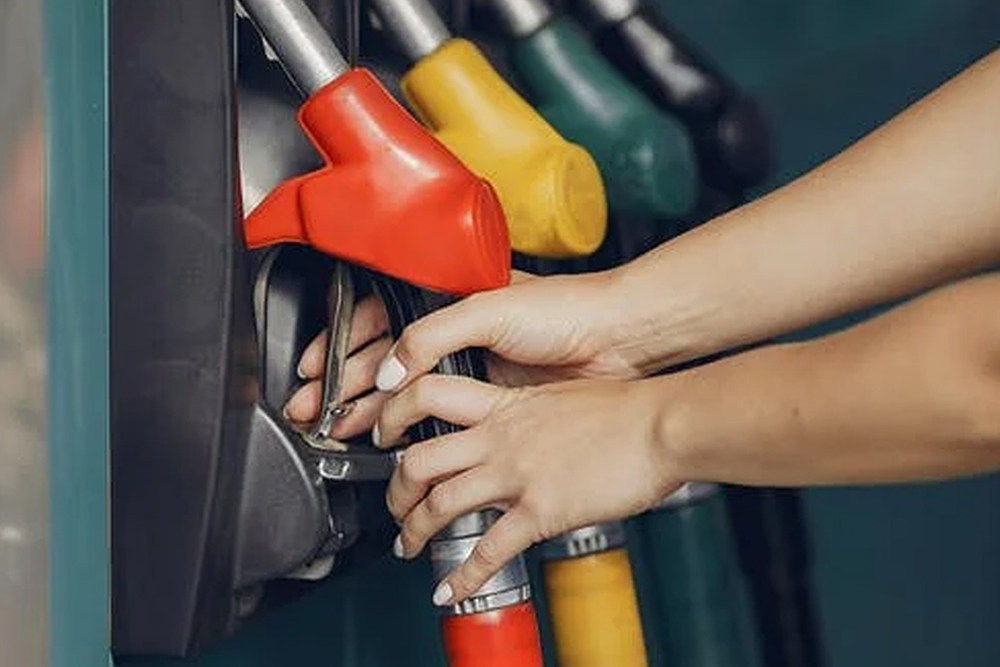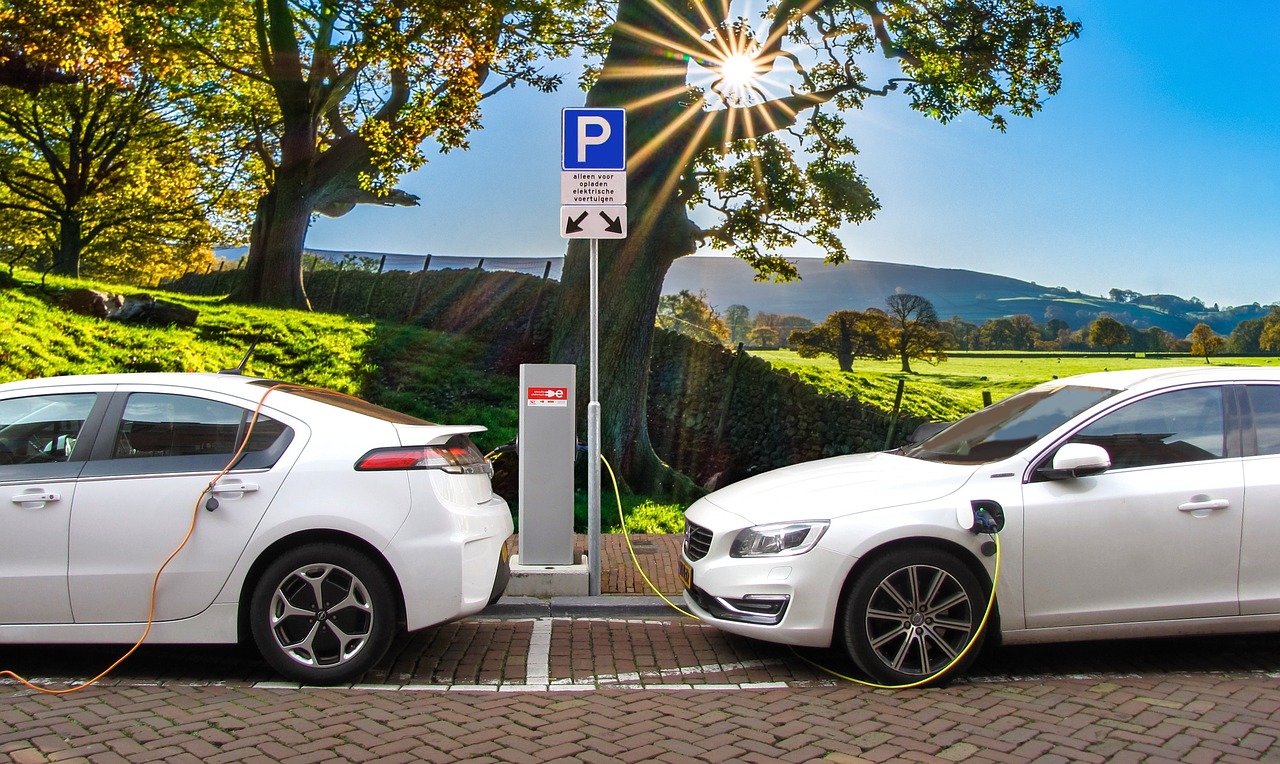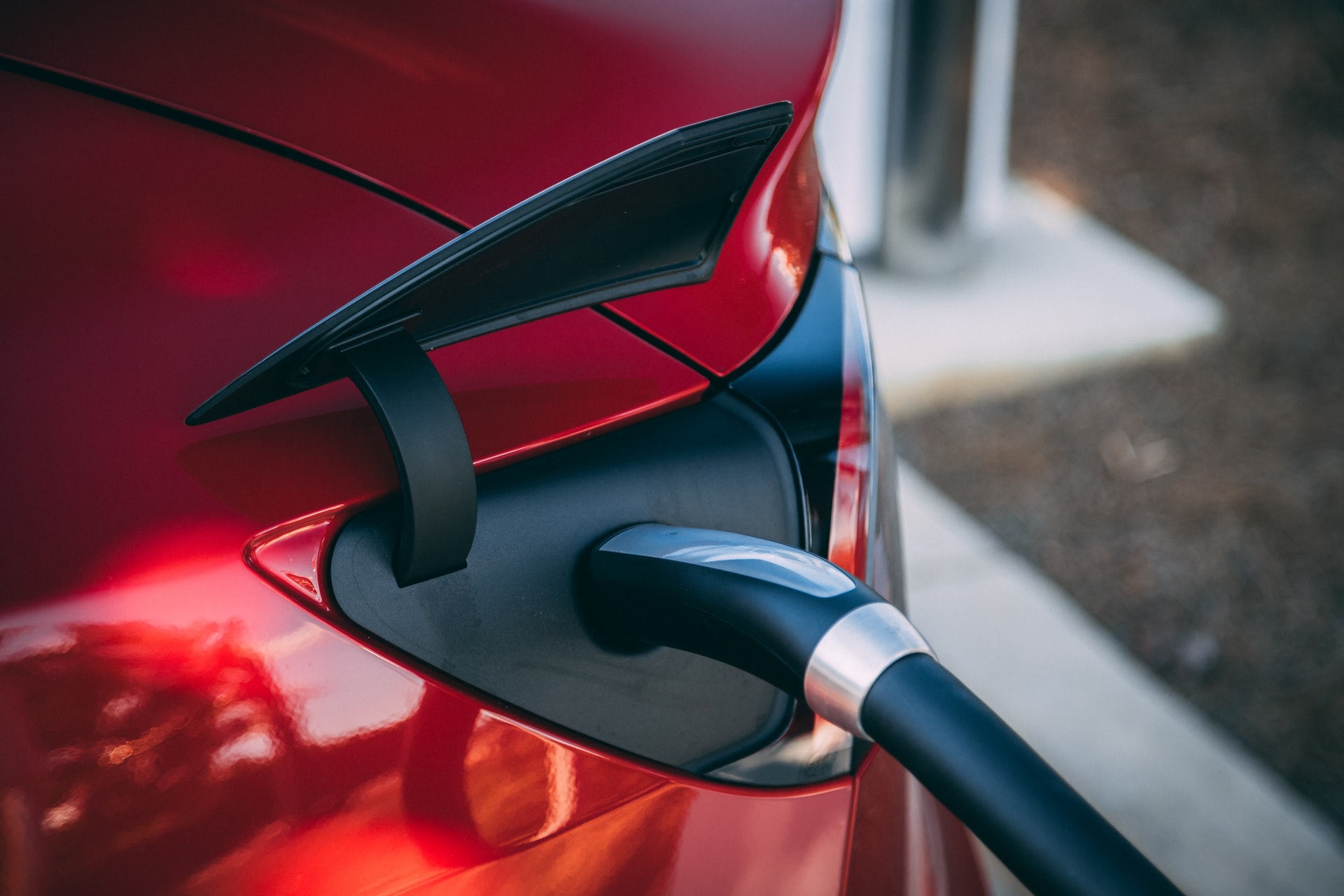
Roman Danaev
High-mileage cars save you a lot of money upfront. But are they really worth it?
There are pros and cons to buying a car with 100K miles, just like there are with a brand-new car. It’s up to you to decide whether 100k is too many miles on the odometer. Or perhaps you agree that cars are meant to be driven, and substantial mileage is actually a sign of good build quality.
Before you decide, here is some food for thought.
What’s good mileage for a used car?
For a long time, 10,000 to 12,000 miles per year was considered the average mileage. But these figures are not as relevant now, especially in the UK market. In the last decade or two, the average figure dropped to 7,500 miles per year.
Divide the mileage on a used car by its age. The rule of thumb is that if you get much more than 7,500, it’s a high-mileage car. If you get much less, it’s a low-mileage car.
Here are a few examples for different vehicle ages:
- 3 years: under 20k is good, 20-25k is normal, over 25k is bad
- 5 years: under 35k is good, 35-40k is normal, over 50k is bad
- 10 years: under 70k is good, 75k is normal, over 80k is bad
- 15 years: under 100k is good, 105-115k is normal, over 120k is bad
So, if a car has driven 100K miles and it’s 15 years or newer, it is good mileage (on paper).
You may also be interested to read - What is good mileage on a used car?
Motorway vs. city mileage
Not all mileage is created equally. Miles that have been racked up on the motorway are more gentle on the car. Motorway driving means your car is going at a consistent speed, the engine doesn’t shift gears over and over again, and the brakes are used less often.
City miles are accumulated through tougher use. You’re constantly slamming the brakes, the proximity to other cars makes it more likely to get scratches and dents, and the engine will not be too happy about running idle.
Ask the owner where the car was driven and go for motorway mileage if possible.
Reasons to buy a car with 100K miles
Here are seven arguments in favour of buying a car with 100K miles:
1. Lower purchase price
A second-hand car with 100K miles on the clock is exactly for a budget-conscious buyer. In a typical scenario, you can take around 20% off the car’s overall value for every 20,000 miles added to the total. So, you can purchase a car that is five times less than it was originally sold for. Higher mileage equals a lower price.
If your goal is to have personal transport that takes you from point A to point B, don’t spend more than you need to. There is no point in overpaying for new wheels that haven’t touched the road or flashy technology, especially if it means taking out a huge finance loan.
You may also be interested to read - Best used cars under £7000
2. Slower depreciation rate
A brand-new car will decrease in value by around 20-30% by the end of the first year. In fact, it will lose most of its value the second you drive it from the showroom lot. Within the first three years of ownership, the car loses up to 50-60% of its value. That rate of depreciation follows just the first 20-25k of the car’s mileage.
Older cars that have covered more miles depreciate at a much slower rate. If you do some service work and make some replacements, you can even spike the value back up. When a car reaches a certain amount of mileage, let’s say 50k and up, it’s not a matter of depreciation. The value is determined by what a certain person is willing to pay for it.
3. Save money on insurance
A car with 100K miles doesn’t cost as much as a new car, and your insurance company knows that. The cheaper the car, the cheaper it is to repair in the case of an accident.
In addition to the repair costs, the insurer also looks at the rates of car theft. And once again, you and your more worn-out car will come out on top. The insurer will consider your purchase as low-risk and drop the premium to a much more attractive figure.
You can drop your insurance premium even lower if you avoid the high-risk categories: sports cars, high-end luxury cars, and cars that are most targeted by thieves.
4. No first car registration fee
When you buy a new car, it must be registered with DVLA. But if the car has been previously registered in the United Kingdom, you’ll save on the £55 fee.
As a bonus, you’ll likely qualify for a lower car tax band. A large number of older vehicles were registered after March 2001 and before April 2017, which has a lower annual rate.
- 101-110 g/km: £20; if the car was registered after April 2017, it would be £170 for the first year, after that - £160
- 111-120 g/km: £30 (£190 now)
- 121-130 g/km: £135 (£230 now)
- 151-165 g/km: £220 (£585 now)
- 176-185 g/km: £290 (£945 now)
5. More reliable than a new car
If something is proof of reliable cars, it’s the condition of the car after travelling long distances. And 100K miles show that the car was built to last.
What’s more, cars like to be driven. If a car has been sitting in the carport for years, accumulating no mileage, it can become less reliable. Some parts can become brittle and break without regular use.
Here is what can happen if a car sits unused: the battery can die, the tyres can go flat, the exterior and brakes can go rusty, the fuel pump may break down, and there might be some infestation (rats, mice, or insects).
6. No surprises
A car with 100K miles has probably been on the market for a few years. Thousands of other drivers have tested the model, and you can learn all about it. By this point, if there was some major design or functional flaw, the Internet would report it.
In contrast, you don’t know much about a new car model that’s just coming out. The automaker can be good, but no brand is immune to mistakes. For example, Ford, one of the biggest car manufacturers in the world, led vehicle manufacturers with the highest number of recalls in 2022.
Putting some distance between the car release and the purchase allows you to gather more intel. Therefore, you can make a more informed decision knowing all the facts.
7. Perfect for new drivers
The cost of a new car can be intimidating for a beginner. If you also factor in the heightened risk of scratching or denting the car, the potential costs become unmanageable altogether. High mileage alleviates the stress of buying your first car.
Of course, not all cars will suit a beginner on a budget, but most cars with 100K miles will. After all, they are cheap to buy, maintain, and insure and have a reliable track record. If the car has lost some of its power, even better - a slower car reduces the risk of a crash.
If something breaks out of old age and needs a replacement, consider it a learning opportunity about car components. Don’t be shy about asking questions at the garage.
You may also be interested to read - Best used cars for 17 years olds
Reasons against buying a car with 100K miles
Now, to give you a full picture, here are seven arguments against buying a car with 100K miles:
1. Risky purchase
While it sounds like a contradiction to our previous point about reliability, it must be said. The more miles a car has under its belt, the more potential issues there might be.
The accumulated wear takes its toll on a car, and it becomes somewhat of a gamble. Sometimes, the risk pays off, and other times, owners end up spending more money than they initially saved on the purchase.
Make sure the car has been taken care of. Look at the service history, ask an independent mechanic to inspect it, take the car on a test drive, etc. But even then, some competent cars will still be at risk of failure just because they weren’t supposed to last over 100K miles.
2. Limited vehicle warranty
Car warranties often have a mileage limit or a time limit for free servicing. Chances are a car with 100K miles has long exceeded those limits. So, if something goes wrong, any service will be paid out of pocket by you.
In contrast, newer car models come with pretty comprehensive service warranties, so repairs and maintenance are covered by the dealership/manufacturer.
An extended warranty could be useful. But most manufacturers can only extend warranties that are active. If the warranty ran out a couple of thousands of miles ago, you’re probably on your own. There is the last resort in the form of vehicle service contracts, but they aren’t as lucrative as you think.
3. Outdated or lack of tech
Automotive technologies are not just for fun. There are numerous functional features that make the car easier to drive and more convenient to use, such as navigation, automatic parking, voice recognition, smartphone integration, keyless entry, automatic liftgate, etc.
It’s great if you're not fazed by this downside. But for some people, the lack of technology, infotainment, and comfort equipment, is a deal-breaker. Some don’t want the outdated look of antennas, bench seats, CD players, and cigarette lighters and ashtrays.
4. Consumes more fuel than new cars
Most experts agree that the age of a car doesn’t affect its fuel efficiency. But there are two reasons why a car with 100K miles can be less fuel efficient:
- The owner didn't maintain the car well.
- Fuel economy wasn’t as important when the car was released.
Poor maintenance can lower your fuel economy through various means: old or incorrect engine oil, clogged fuel filter, old engine air filter, clogged or damaged fuel injectors, bad ignition system components, etc.
As for the second reason, consider the technological advancements once again. In recent years, automakers learned how to produce lightweight cars, create aerodynamic designs, and engineer tyres to reduce resistance. These and other advancements allow you to travel further distances.
5. Fewer safety features
Obviously, not all vehicles with 100K miles are old. But such cars absolutely can’t have been released in the last three years, and that is plenty of time to miss out on serious tech advancements.
Modern cars are equipped with blind spot detection, forward collision warnings, lane-keeping assist, and more. You’ll have to rely on your good old senses and a modest set of safety technology.
You may also be interested to read - Things to check when buying a used car
6. More maintenance
Anyone will agree that high-mileage cars come with wear and tear. And when you get over the six-figure mark, you will notice some of the components seriously degrade, starting with smaller things like windshield and wiper blades all the way to brake pads and battery.
More maintenance on an older car translates to higher costs, as well as a bigger time commitment. Your car might be stuck in the garage when you need it most.
You may also be interested to read - How much does it cost to run a car?
7. Hard to resale
There are fewer takers for vehicles with over 100K miles.
Ultimately, it depends on how you and the previous owner treated it. A used car that got its miles on the motorway and was well-serviced is more desirable than a car that was driven in the city and poorly maintained.
If you end up putting the car for sale, remember that you can recreate a new car feeling with a good dry cleaning, some scents, and some fresh carpets. If you can afford a proper service, that’ll help even more.
How long will a car with 100K miles last?
100K miles is more of a psychological barrier than an actual threshold. It might be the case that cars with six-figure mileage have a bad reputation, and there is nothing inherently wrong with getting one.
A car with 100K miles is not even past half a lifespan. Automakers are making cars that last longer than ever before, 200-250k miles, provided owners follow the recommended maintenance schedule and don’t cause serious damage. Electric cars can handle even more - up to 300,000 miles.
You may be used to lower mileage in the UK market. But just look at the American market - their cars serve faithfully even after 250k miles. Over the pond, people casually drive long distances, racking up those miles quicker than the Brits.
There is no way of predicting exactly how much time you have after your car passes the 100k mark. There are too many factors at play. But rest assured - the car is likely to travel twice as much, if not more.
Which cars are still reliable after 100K miles?
If you’re still worried about big miles, perhaps you’ll appreciate some examples that have historically performed well with six figures on the odometer.
These models are great at covering vast distances:
- Ford Fiesta typically lasts 200k miles
- Honda Civic delivers up to 300k miles of service
- Toyota Corolla reaches up to 10 years or 300k miles
- Skoda Octavia still has examples with 432k miles on the road
- Kia Ceed runs for well over 200k miles
- Toyota RAV4 clocks in at between 200k and 250k miles
- BMW 3 Series lasts over 250k miles
- Lexus LC has a lifespan of 250k-300k miles.
- Volvo V40 can last over 200k miles
The list is not exhaustive, so stay on the lookout for car models that can stand the test of time (and miles). Or take a different approach and find a reliable car with 100k based on the brand. Lexus, Dacia, Suzuki, Hyundai, and Toyota have a track record for being reliable and durable.
Carplus will help you find the best used car with 100K miles!
Even though high-mileage vehicles are priced lower, you might still need some help with the upfront costs. So, why don’t you split it into affordable monthly payments? Carplus is the right place to make it happen.
If you are looking to get car finance on a car with 100K miles, use our tool to compare a range of competitive car deals. We work with trusted dealerships that will approve your loan on the best terms possible. Reach out today, and we’ll help you find a used car deal to suit your financial situation.
Final words: Is a car with 100K miles worth buying?
To summarise, a car with 100K miles is never without a downside. You should be aware of the risks and the potential issues that can arise. You’ll likely be behind on some newer features and have a harder time reselling the car.
At the same time, it’s the most economical decision because you save on the purchase price, insurance, and registration. You can research everything about the car model and rest assured that it can withstand some wear. Also, 100K miles doesn’t necessarily mean the car is old. In fact, you should aim for a newer car with more miles than an older car with fewer miles.
Contents
- What’s good mileage for a used car?
- Reasons to buy a car with 100K miles
- Reasons against buying a car with 100K miles
- How long will a car with 100K miles last?
- Which cars are still reliable after 100K miles?
- Carplus will help you find the best used car with 100K miles!
- Final words: Is a car with 100K miles worth buying?
Latest News
| Loan amount: | £16,000 |
|---|---|
| Length of loan: | 60 months |
| Interest rate: | 12,9% |
| Amount of interest | £5,793.84 |
| Total payment: | £21,793.84 |





